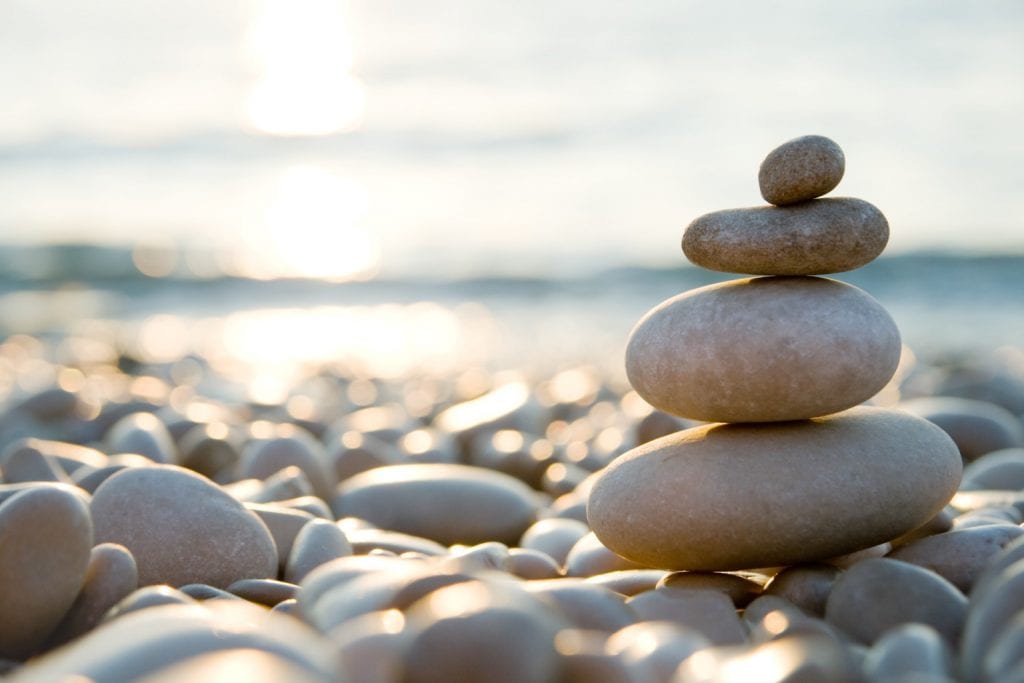
Covid-19 anxiety, stress and depression has caused a jolt in the global economy and a pandemic of loneliness. A study published in May 2020 by the Angus Reid Institute showed that half of Canadians have experienced a deterioration in their mental health since the beginning of the pandemic. Social distancing and the closure of shared living spaces such as cafes and restaurants have increased isolation. Social distancing and isolation are unnatural for human beings. Having "rich and meaningful social contacts is a major factor in longevity," according to Harvard Medical School in Boston.
So how can you protect your mental health during this pandemic? How can you feel better despite the forced isolation and the days that look alike? We’ve got some helpful tips on how to take care of your mental health during the pandemic.
Pause social networks and television. This news stream, added to the apathy and discouragement that you may hear from those around you, undermines your mental health. So leave your social networks alone and fight the temptation to grab your phone to distract yourself when you are bored. Screen time impacts our mental health during this pandemic, and causes us to lose time and cognitive abilities such as concentration and creativity.
- Take a walk outside
- Define a time slot to check your emails and messages during your day.
- Set your phone to airplane mode during the day
- Switch your phone to black and white as colours make you want to linger on it.
- Turn your phone off at night and leave it outside the room: buy an alarm clock in the morning to replace it.
- Leave your phone in your purse or in your pocket.
In short, if you apply all these tips, you should feel lighter and realize that you have time for something else. Your mental health during this pandemic rests first and foremost on your ability to think about something else.
Sonia Lupien, Director of the Centre for Studies on Human Stress at the University Institute of Mental Health of Montreal explains the importance of the sense of adaptation. "The people who will adapt will be the ones who will come out of this crisis the best.”
How can we adapt to this situation dragging on, where official announcements follow one another and contradict each other? Your brain is a real threat detector, which triggers stress for every unknown and dangerous situation. For almost a year now, stress has been well established in our nervous system and body. Stress arrives as soon as a new problem arises, and we try to apply a previous mode of functioning.
As Sonia Lupien practices, for the sake of your mental health during this pandemic, repeat to yourself in each situation: “Let's adapt ourselves! We can no longer do X, so we try Y. We realize that Y doesn't work, so we try Z!”
Between meetings by video conferencing, the TV programs we watch for entertainment, and our phones, we spend too much time on screens. And your culture intake in the last year has been reduced to series or movies. But culture and creation are not just in stories on the screen.
So here are a few more ideas to get you off the screens and continue your diet of negative news:
- Music,
- Poetry,
- Writing,
- Singing,
- Painting and drawing,
- Dancing.
Culture and creativity are good for our mental health during this pandemic. And creativity is also knitting, pottery, or making pasta necklaces with your children!
Exercise, sleep and nutrition are the three pillars of our body's health. You probably have more time to cook, so it's really time to prepare healthy and balanced meals. Go to bed early, after reading a few pages of a book, and in the morning, go out and do some physical activity like running or walking.
Do not hesitate to take vitamins and trace element supplements essential for your nervous system.
Perhaps you have been worried about your personal finances since the beginning of the pandemic. And your stress can help you in this situation because it pushes you to take action. This is the time to take stock of your budget and, if necessary, start a secondary activity at the same time. After all, the Internet now makes it possible to start a business with a minimal budget. Having a personal project and the feeling of having control of your personal finances is excellent for your mental health during this pandemic.
On the other hand, also think about the protection you have if something should happen to you.
Term life insurance pays a sum called the death benefit and plays a key role in a family's financial security, just as home insurance protects your home.
This death benefit compensates for the loss of income. It can cover household debts for the duration of the chosen term. What if you live alone? Term life insurance will also be suitable for paying your funeral expenses or debts you would leave behind.
We hope this article will help you protect your mental health during this pandemic. Share it if you know someone for whom these tips would be useful! And if you would like coverage quickly, we invite you to fill out our free quote request form, and our counsellor will be able to get back to you with our offer.
Resources :
Angus Reid - Canada's Non-Profit Independent Research Foundation
Harvard Health Publishing - Harvard Medical School
Written by Diane Taes